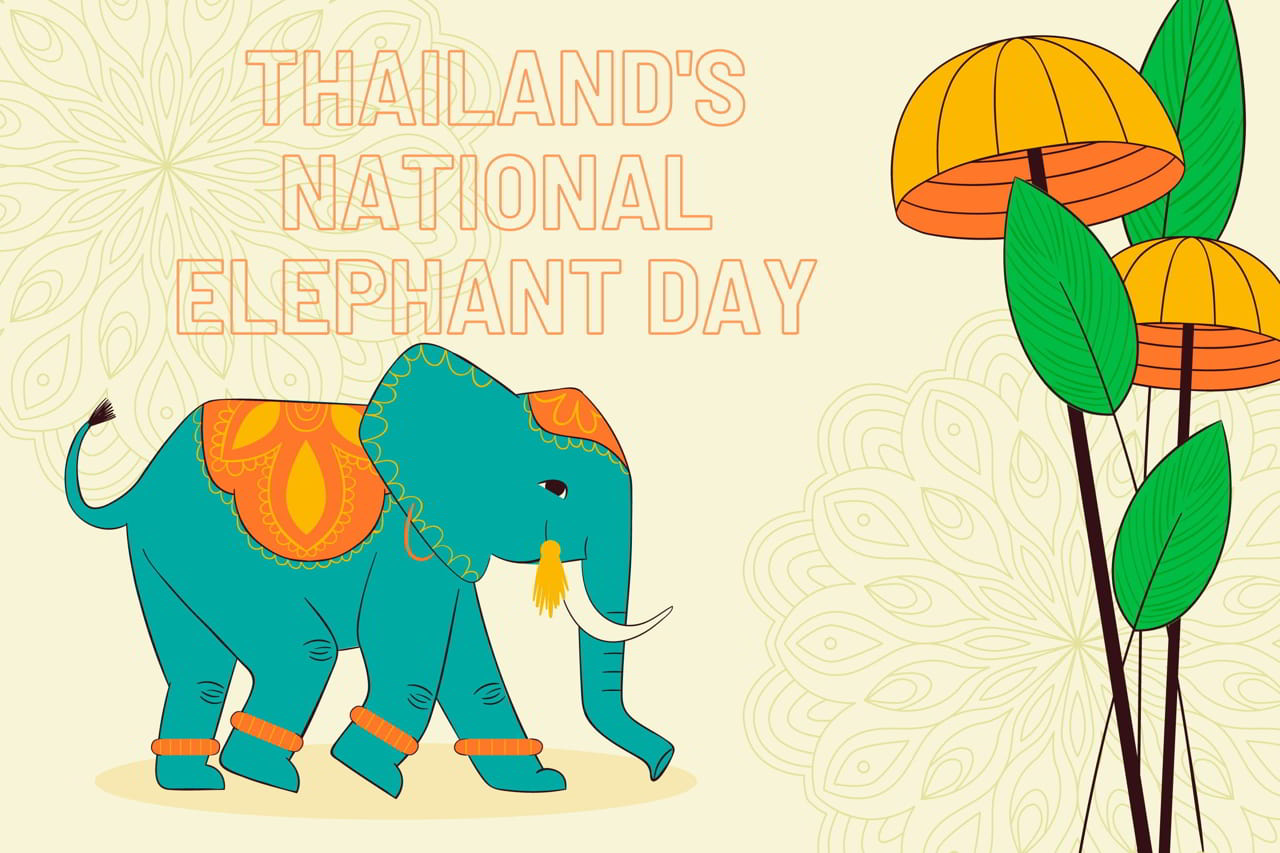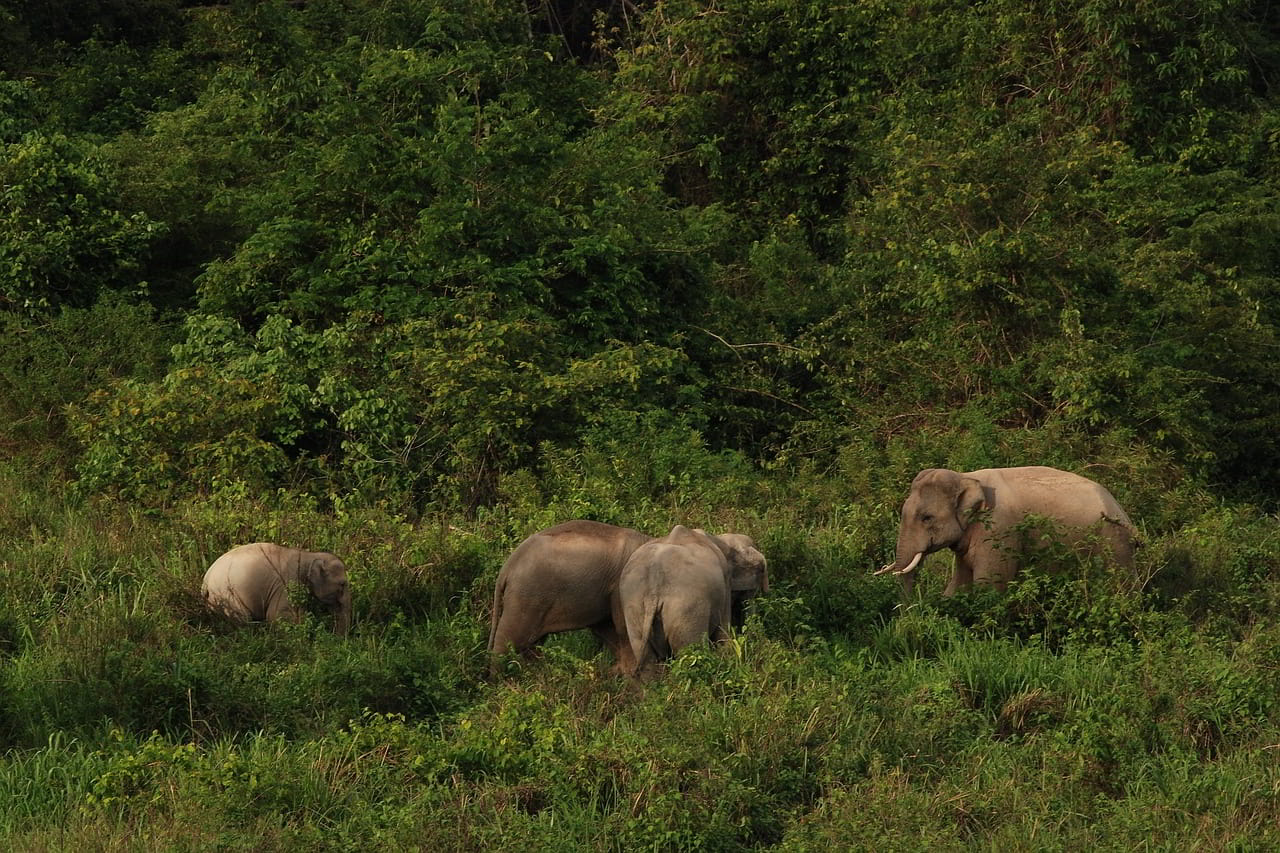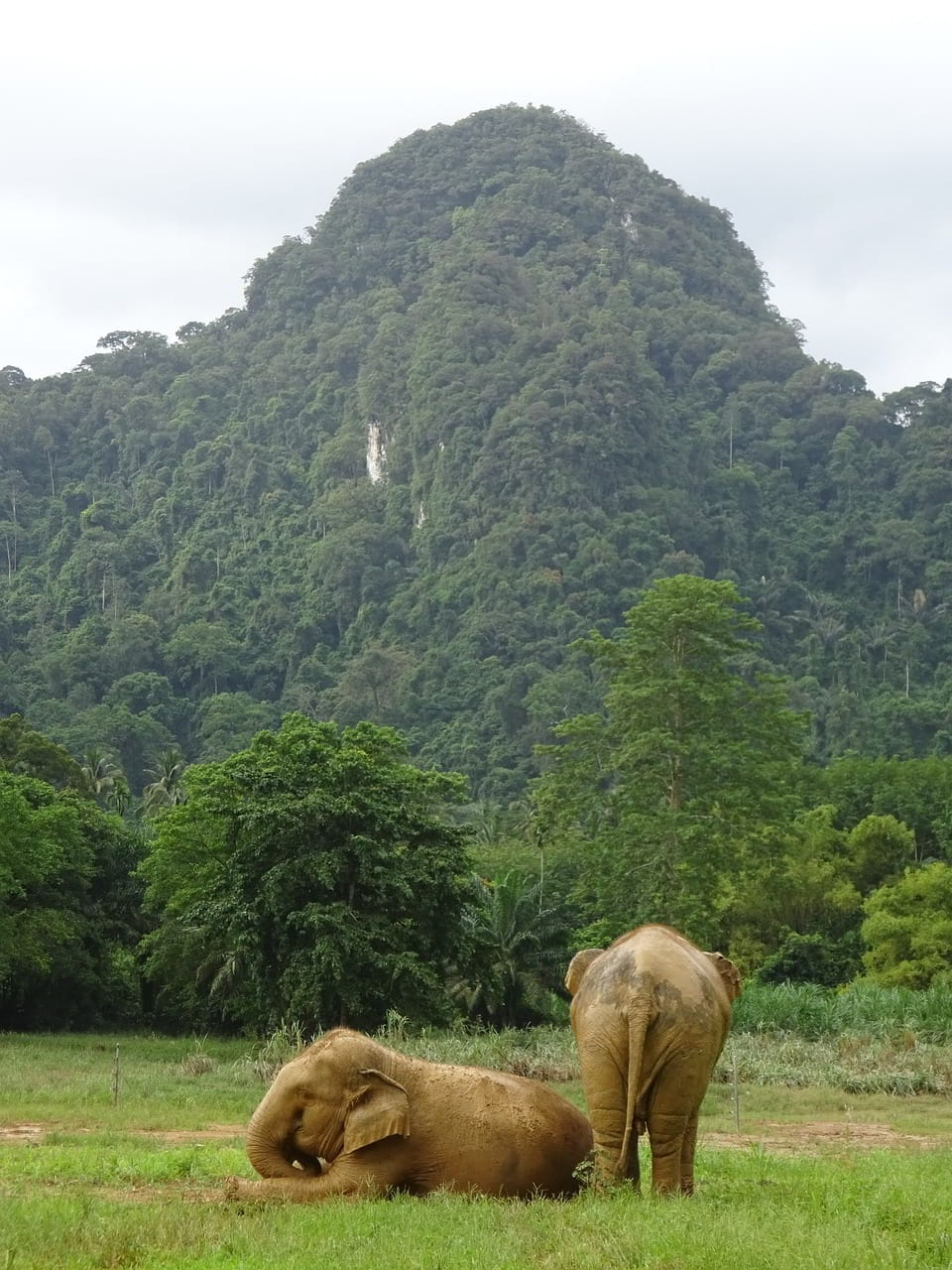
Thailand's National Elephant Day: Celebrating Chang Thai Day
Discover the significance of Thailand’s National Elephant Day, also known as Chang Thai Day, and explore its cultural and conservation importance.
At the heart of Thailand’s cultural tapestry lies the National Elephant Day, a celebration that transcends mere festivity to embody a profound reverence for the nation’s beloved symbol, the elephant. This introduction delves into the significance of this day, its role in preserving Thai heritage, and the imperative of elephant conservation.
The Cultural Significance of Thai Elephants
Thailand’s national animal, the elephant, holds significant cultural and historical importance to the nation. Revered for their strength and endurance, elephants have been revered by Thai people for centuries, with historical ties dating back to the nation’s early days. White elephants, in particular, held sacred status, symbolizing royalty and even gracing national flags and symbols.
Celebrating Thailand’s National Elephant Day
Annually observed on March 13th, Thailand’s National Elephant Day, known as “Chang Thai Day,” serves to educate the public about the importance of elephants in Thai culture and to advocate for their conservation. This day is marked with various activities, including exhibitions showcasing the historical bond between Thai people and elephants, educational programs for children, and initiatives aimed at raising awareness about elephant protection.
Challenges Facing Thailand’s Elephant Population
Despite their revered status, elephant populations in Thailand have dwindled significantly in recent years, largely due to habitat loss, poaching, and other environmental challenges. Presently, there are only an estimated 3,000 to 4,000 elephants remaining in Thailand, many of which are in captivity.
Preserving Thai Heritage Through Elephant Conservation
On National Elephant Day, various events are organized to honor and celebrate these animals, emphasizing their integral role in Thailand’s heritage and identity. Activities range from ceremonial blessings to special elephant shows, all designed to underscore the significance of elephants in Thai culture and promote their conservation for future generations.
Safeguarding Thailand’s Majestic Creatures
In light of their endangered status and cultural significance, efforts to protect and conserve Thailand’s elephant population remain crucial. Through initiatives like National Elephant Day and responsible tourism practices, Thailand aims to safeguard these majestic creatures while fostering greater appreciation for their role in the nation’s history and identity.
Chang Thai Day: Inquiries and Insights
When is Thailand’s National Elephant Day celebrated?
Thailand’s National Elephant Day, known as “Chang Thai Day,” is observed annually on March 13th.
Since when does Thailand’s National Elephant Day exist?
Established by the government in 1998, Thailand’s National Elephant Day, also known as “Chang Thai Day,” is celebrated every year on March 13th.
What events and activities are organized on this day?
This day is marked by various activities, including exhibitions showcasing the historical bond between the Thai people and elephants, educational programs for children, and initiatives aimed at raising awareness about elephant protection.
What is the cultural significance of this day for Thailand?
Thailand’s National Elephant Day serves to educate the public about the importance of elephants in Thai culture and to advocate for their conservation, thus emphasizing their cultural and historical significance for the nation.
What challenges do elephants in Thailand face?
Elephant populations in Thailand have significantly decreased in recent years, mainly due to habitat loss, poaching, and other environmental challenges.
What conservation initiatives are implemented on this day?
Events are organized to honor and celebrate these animals, highlighting their essential role in Thailand’s heritage and identity. Activities range from ceremonial blessings to special elephant shows, all aimed at underlining their significance in Thai culture and promoting their conservation for future generations.




